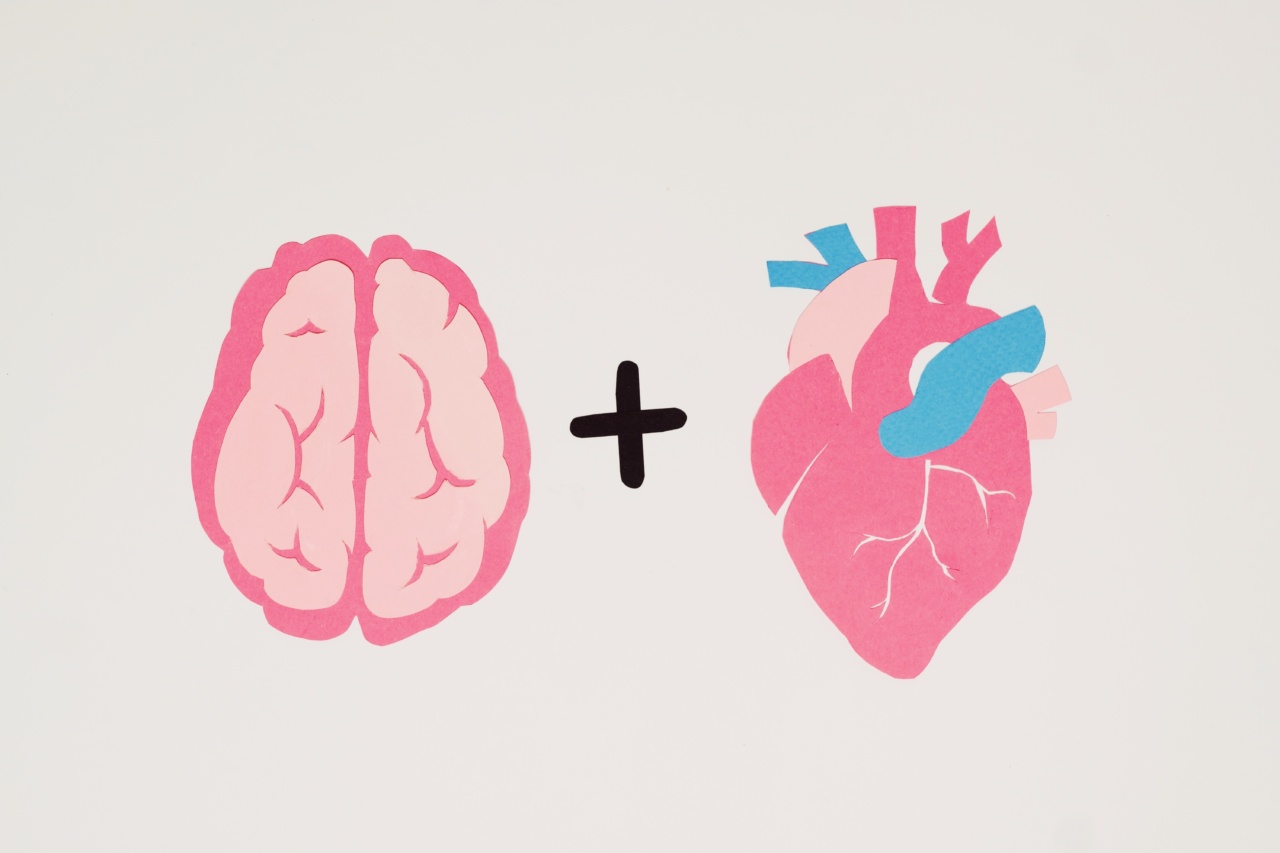The heart and brain are vital organs that play a significant role in our overall health and well-being. Taking proactive steps to protect and enhance the health of these organs is essential for a long and healthy life.
By implementing the following strategies, you can provide double protection for your heart and brain.
1. Maintain a Balanced and Nutrient-Rich Diet
A balanced diet is crucial for the health of your heart and brain. Focus on consuming nutrient-rich foods such as fruits, vegetables, whole grains, lean proteins, and healthy fats.
Incorporate omega-3 fatty acids found in fatty fish like salmon, flaxseeds, and walnuts, as they provide vital protection for the brain and heart.
2. Stay Physically Active
Regular physical activity is essential for maintaining a healthy cardiovascular system and promoting brain health. Aim for at least 150 minutes of moderate-intensity exercise or 75 minutes of vigorous exercise each week.
Engage in activities such as brisk walking, jogging, dancing, or swimming to keep your heart and brain in top shape.
3. Manage Stress Effectively
Excessive stress can have detrimental effects on both the heart and brain. Practice stress management techniques such as deep breathing, meditation, yoga, or engaging in hobbies to reduce stress levels.
Additionally, ensure you get enough sleep as lack of sleep can contribute to increased stress levels.
4. Don’t Smoke or Expose Yourself to Secondhand Smoke
Smoking is a significant risk factor for heart disease and stroke. Avoid smoking and steer clear of secondhand smoke. If you are a smoker, seek support to quit this harmful habit. Quitting smoking can significantly improve your heart and brain health.
5. Monitor and Control Blood Pressure and Cholesterol Levels
High blood pressure and cholesterol levels can increase the risk of heart disease and stroke. Regularly monitor your blood pressure and cholesterol levels, and work with your healthcare provider to manage them effectively.
Lifestyle modifications and medications, if necessary, can help maintain optimal levels.
6. Engage in Brain-Stimulating Activities
Challenging your brain with stimulating activities can help preserve cognitive function and reduce the risk of age-related brain diseases.
Activities such as reading, puzzles, board games, learning a new skill or language, and social interactions can all contribute to brain health.
7. Maintain a Healthy Weight
Excess weight puts strain on both the heart and brain. Aim to maintain a healthy weight through a combination of a balanced diet and regular exercise. This can significantly reduce the risk of heart disease, stroke, and cognitive decline.
By implementing these seven strategies consistently, you can provide double protection for your heart and brain, promoting overall health and longevity.































